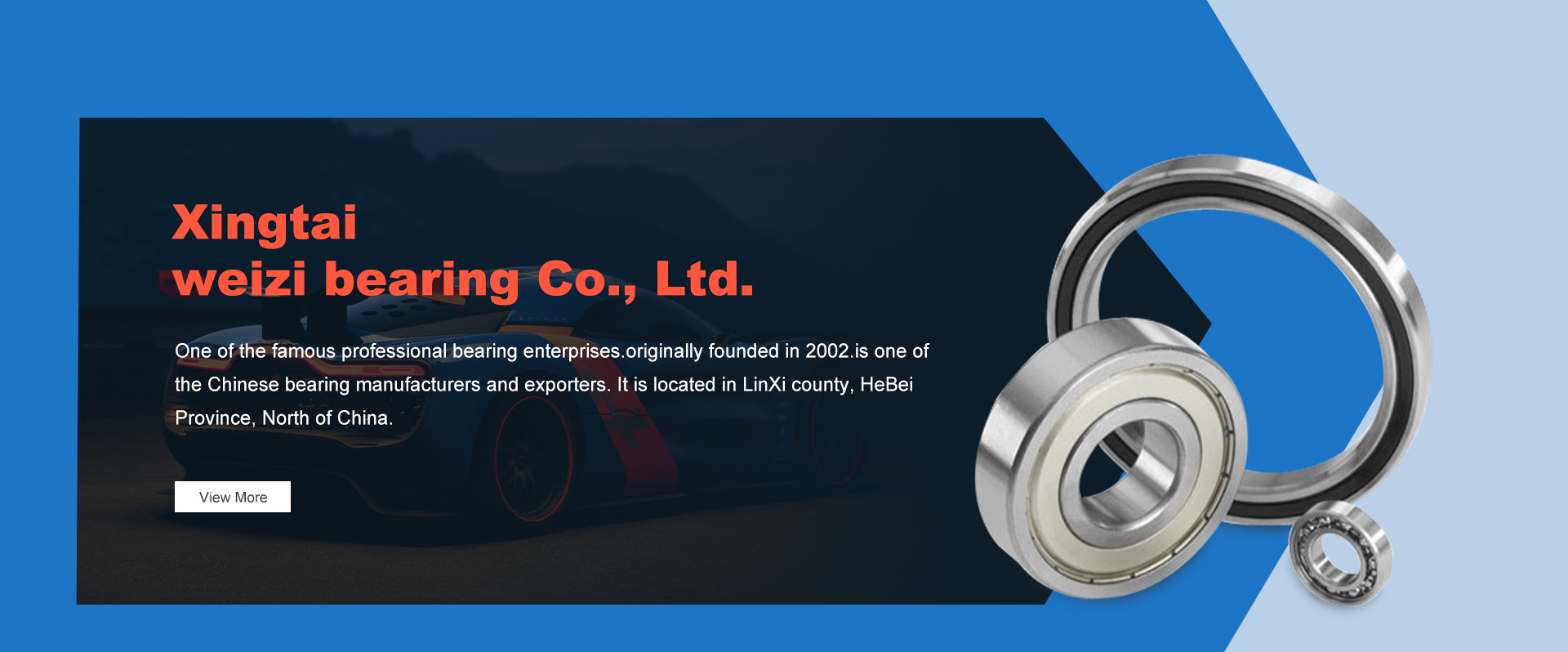
Oct . 05, 2024 15:35 Back to list
Different Varieties of Spherical Roller Bearings and Their Applications
Types of Spherical Roller Bearings
Spherical roller bearings are specialized rolling element bearings designed to accommodate heavy loads while providing self-alignment capabilities. They are particularly versatile and are widely used in various industrial applications, including mining, construction, and heavy machinery. Here, we will explore the different types of spherical roller bearings, highlighting their unique features and advantages.
1. Standard Spherical Roller Bearings
Standard spherical roller bearings are designed with two rows of symmetrical spherical rollers. This configuration allows for increased load distribution and enhanced stability under both radial and axial loads. These bearings also feature an inner ring with two raceways and an outer ring that has a spherical raceway, which facilitates self-aligning capabilities. The standard design is robust and ideal for applications where misalignment and heavy loads are common.
2. Sealed Spherical Roller Bearings
Sealed spherical roller bearings offer the same mechanical advantages as standard variants but with added protection against contaminants and moisture. The seals prevent the ingress of dirt and grease leakage, significantly extending the bearing's lifespan and reducing maintenance needs. These bearings are particularly favored in harsh environments, such as those found in outdoor applications or industries involving dust or debris.
3. High-Speed Spherical Roller Bearings
types of spherical roller bearings

High-speed spherical roller bearings are specifically engineered for applications requiring high rotational speeds. These bearings are optimized for reduced friction, which minimizes heat generation during operation. They are typically used in high-speed machinery where standard bearings might not withstand the operational stress. Their design often features special cage materials and lubrication systems to ensure reliability at elevated speeds.
4. CARB® Spherical Roller Bearings
CARB® spherical roller bearings are a unique type that incorporates an intermediate spacer within the bearing design. This allows for axial movement within the inner raceway while maintaining the radial load capabilities. The CARB design is particularly beneficial in applications where thermal expansion or shifting loads are expected. This adaptability makes them ideal for wind turbine gearboxes and other dynamic load environments.
5. Split Spherical Roller Bearings
Split spherical roller bearings are designed for easy installation and maintenance, especially in situations where the bearing location is difficult to access. These bearings come in two halves, allowing for quick replacement without the need for complete disassembly of the machinery. They are commonly used in large equipment, such as gearboxes and crushers.
In conclusion, the various types of spherical roller bearings are engineered to meet the diverse demands of industrial applications. Their ability to support heavy loads, accommodate misalignment, and protect against contaminants makes them invaluable components in the machinery sector. Understanding the different types allows engineers and maintenance professionals to make informed choices tailored to their specific operational needs.
Latest news
-
Premium Deep Groove Ball Bearings | High Speed & Reliability
NewsAug.29,2025
-
Durable Scaffolding Clamps - Secure & Reliable Tube Connectors
NewsAug.28,2025
-
Common Failures in Thrust Ball Bearings and Solutions
NewsAug.22,2025
-
How Tapered Roller Bearings Can Take Shock Loads
NewsAug.22,2025
-
Angular Bearings in High-Precision Spindles
NewsAug.22,2025
-
The Impact of Misalignment on Cylindrical Roller Bearing Performance
NewsAug.22,2025
